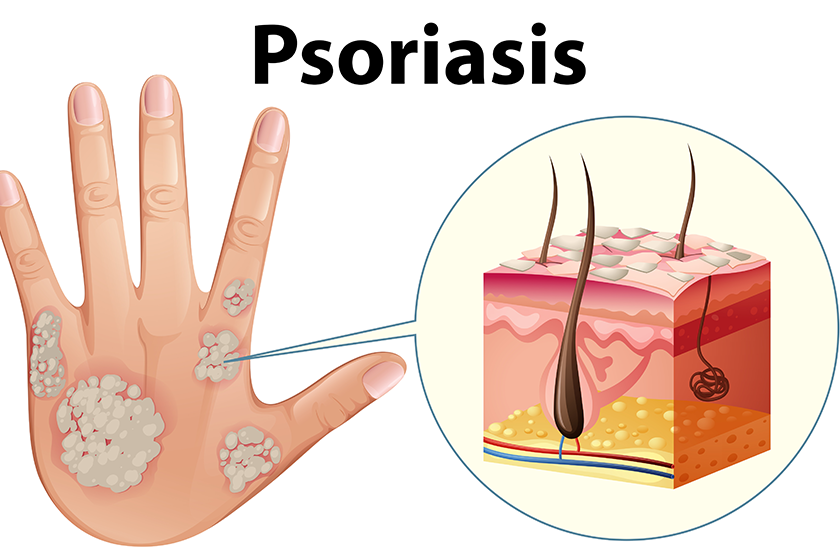Living with psoriasis can be a lifelong challenge, but aging with psoriasis presents unique hurdles. As you grow older, the way your body reacts to treatments, medications, and everyday routines may shift. Understanding how to manage these changes is key to maintaining both skin health and overall well-being. Let us explore five strategies that can help manage psoriasis in your later years, ensuring you live comfortably and confidently.
Talk to Your Doctor About Adjusting Your Treatment Plan
Aging with psoriasis may require rethinking your treatment plan. Medications that once worked effectively may have new side effects or may no longer be as effective. For instance, topical treatments like corticosteroids, commonly used to manage psoriasis, can cause thinning skin in older adults, making your skin more vulnerable to bruising and infection.
If you find it difficult to apply topical treatments due to joint stiffness or decreased flexibility, discuss alternatives with your healthcare provider. Your doctor may recommend oral or injectable treatments, but these can place a greater strain on your kidneys.
Watch for Other Health Conditions Linked to Psoriasis
Psoriasis does not exist in a vacuum. It often comes hand-in-hand with other health conditions, which can worsen as you age. Psoriatic arthritis, for example, affects nearly 30% of people with psoriasis, causing joint pain and stiffness. In addition, those with psoriasis are at higher risk for conditions like diabetes, heart disease, and metabolic syndrome.
Being mindful of these risks and discussing them with your doctor can help you take steps to minimize their impact. Eating a well-balanced diet, exercising regularly, and keeping an eye on your weight can help reduce the risk of developing these associated health problems.
Choose the Right Skincare Products
As you age, your skin’s natural moisture decreases, which can exacerbate psoriasis symptoms. When selecting skincare products, avoid those with irritating ingredients like alcohol, which can dry your skin. Instead, opt for creams that contain moisturizing agents such as ceramides, hyaluronic acid, and lipids, which can help restore moisture and reduce irritation.
If you are using anti-aging products, be cautious. Retinoids, often used in wrinkle creams, can aggravate psoriasis plaques. It is best to avoid using them on your skin during flare-ups.
Incorporate Stress Management Into Your Routine
Psoriasis flare-ups are often triggered or worsened by stress. As you age, it is important to maintain a lifestyle that prioritizes relaxation and stress reduction. Regular physical activity, whether it is walking, swimming, or yoga, can help relieve stress while keeping your body active.
Meditation, mindfulness practices, or even social activities with friends and family can also be effective ways to reduce anxiety. Finding what helps you relax and incorporating it into your daily routine is an important part of managing psoriasis in your later years.
Take Care With Anti-Aging Treatments
It can be tempting to seek out anti-aging treatments to maintain a youthful appearance, but for someone aging with psoriasis, caution is necessary. Many treatments, such as chemical peels or laser therapies, can irritate psoriasis plaques and cause flare-ups.
If you wish to explore these options, consult with your doctor about alternatives that are psoriasis-friendly. Additionally, if you are dyeing your hair, consider using highlights or lowlights to avoid direct contact with your scalp, which can help minimize irritation.
Living Comfortably with Psoriasis in Your Golden Years
As your loved ones navigate the aging process, living in a supportive community that understands the complexities of conditions like psoriasis can make a significant difference. In our community, we offer personalized care plans, health and wellness programs, and a range of engaging activities that help manage psoriasis while supporting overall health.
Residents can participate in social events, physical activities, and benefit from a thoughtful approach to medication management, making the transition into their golden years both comfortable and manageable. Contact us today to learn more about how we can support you or your loved one in living a healthier, happier life.







